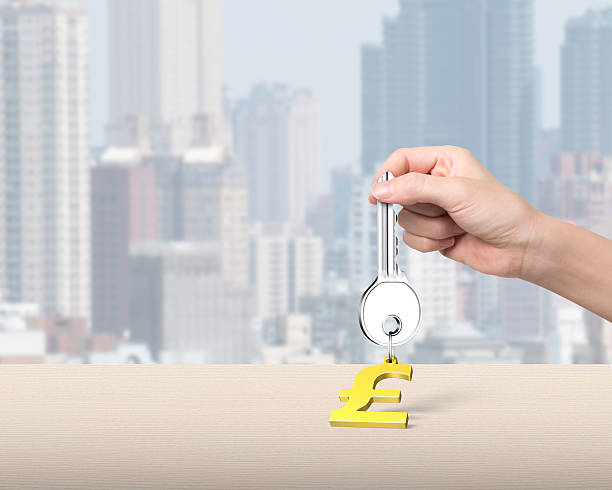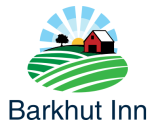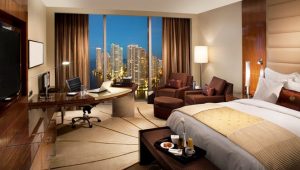
According to a recent report by Deloitte Access Economics, private rentals account for nearly one-third of all overnight stays in Australia.
In the second version of the Tourism and Hotel Market Outlook, the report for 2017, it is noted that over the last 12 months, the number of overnight stays in private rental properties has grown by nearly two times as much as in hotels. In the year up to March, 85 million nights of traditional hotel accommodations were booked, whereas the private rental market was responsible for 28.5 million nights. This is a 40% increase on the previous year.
Airbnb has 122,500 active listings, while Stayz boasts 40,000. According to STR Global data, Australia has 267,690 hotel rooms available. This is a real concern for hoteliers.
The Australian hotel industry is currently feeling the greatest impact during key market-restricted days. This is because the excess availability of beds reduces the premium demand and the opportunity to yield up on these peak days.
What can hotels do to stay competitive?
Airbnb’s technology is one of the most important ways to compete with it.
Mobile technology has enabled travelers to become more educated and tech-savvy than ever. The days of relying on in-person sales and beautiful photography to generate business are over. Now, hotel sales and marketing professionals must adapt and innovate to new platforms to avoid losing revenue.
Hotels have a great opportunity to use smart devices more. These devices can be used to increase brand awareness and build brand loyalty.
The result of a consistent, frictionless experience supported by technology platforms will be increased revenue for hotels and superior service that Airbnb does not offer.
There are already operational technology stacks in place, such as cloud-based reservation systems, wireless key cards, and loyalty apps. But with the rapid evolution of consumer-based technologies and the arrival of artificial intelligence-powered smart speakers, like Google Home and Amazon Echo, the “internet of Things” has arrived and will soon be available to you.
It’s not long now until the only smart device that your guests will find in their hotel room is the phone they carry in their pocket. Guests will control the TV, temperature, lighting, and curtains via the Internet.
Hilton CEO Christopher Nassetta said that the Connected Room would be available soon, and it will be the first hotel room to focus on mobile devices truly.
The app will allow members to control the lighting, heating, ventilation, and air conditioning in their rooms, as well as entertainment options, including pre-loaded content and streaming.
Airbnb does not provide any of these services.
Hoteliers must convince their owners to invest in technology as a capital expense and determine the appropriate level of technology that is suitable for their properties and their guests.
Hoteliers should at least be able to control the lighting and temperature remotely. Otherwise, they risk losing customers due to their irrelevance and also losing the loyalty of this important demographic, the next-generation travelers.





